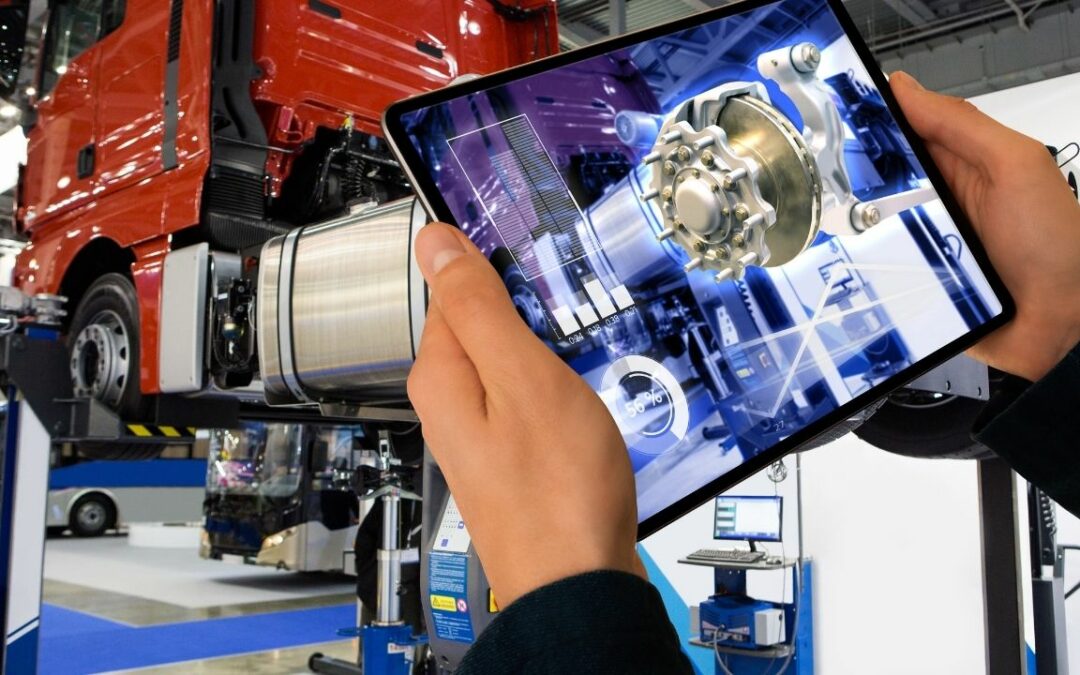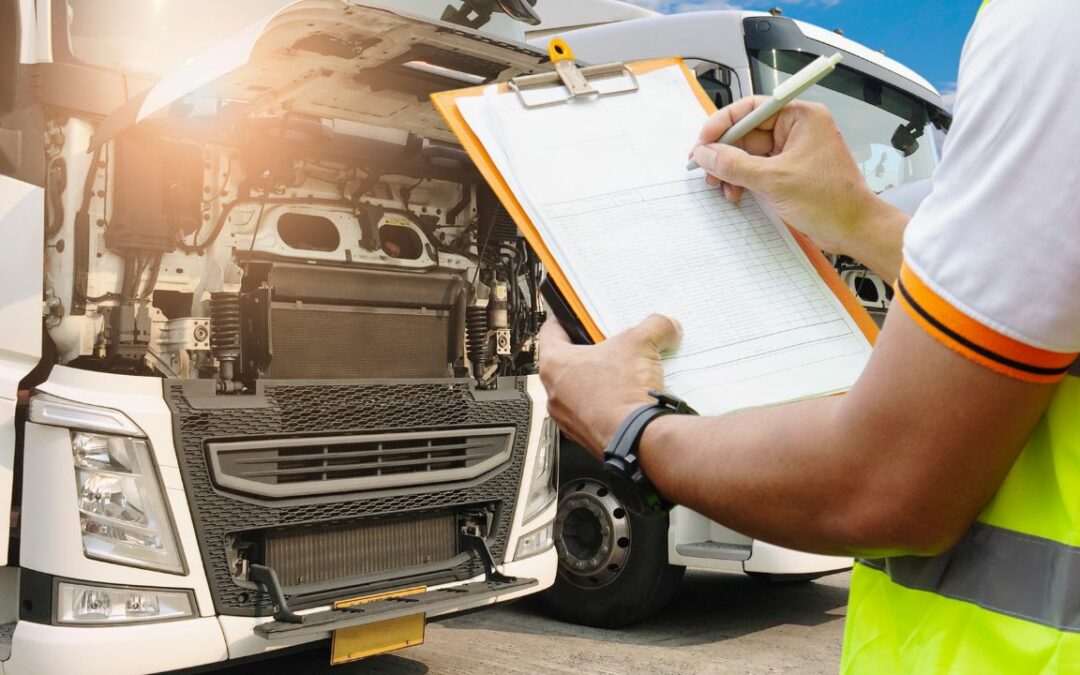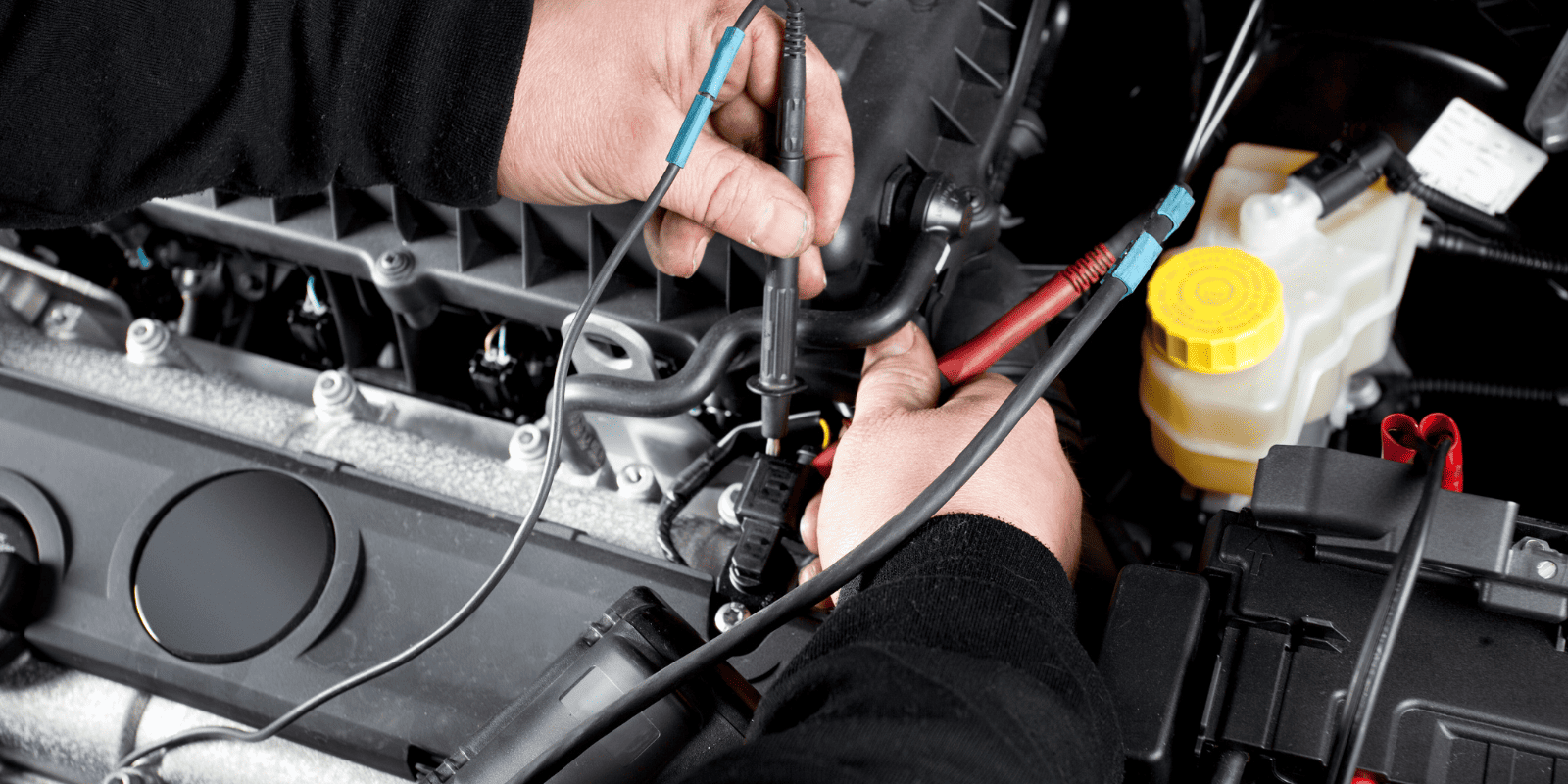Find yourself thinking “does my Texas truck need repairs?” You’re not alone. Keeping your truck running smoothly is essential to keep your business going, but identifying and troubleshooting common truck problems can be complex. We’ll give you an overview of the typical issues that commercial trucks face in Texas and provide you with the best practices for dealing with these issues effectively.
Common Truck Issues in Texas
Engine problems
One of the most common issues that truck drivers face is engine trouble. Whether it’s strange noises, decreased power, or warning lights on the dashboard, these signs should never be ignored. Possible causes of engine problems are numerous, ranging from fuel system issues to problems with spark plugs or wiring. It is essential to address engine trouble as soon as it arises to prevent further damage and ensure a safe driving experience. It’s always best to seek help from a certified mechanic who can diagnose and repair your truck to make it run smoothly again.
Transmission problems
When it comes to trucks, transmission problems are a common issue that you may encounter. If your truck starts to show symptoms such as slipping gears, grinding noises, or difficulty shifting, it could be a sign of transmission problems. These issues may result from causes like low transmission fluid levels or worn-out gears, which if left unaddressed, can result in even more damage. If you notice any of these symptoms, it’s best to have your truck inspected by a mechanic promptly to prevent expensive repairs or replacements.
Brake problems
Your safety while driving your truck is heavily reliant on the condition of your brakes. A malfunctioning brake system can lead to dangerous situations on the road. Luckily, there are a few signs to look out for that indicate your brakes may need attention, including unusual noises while braking, a soft or spongy brake pedal, or vibrating while applying the brakes. These could be caused by worn brake pads or rotors, air in the brake lines, or issues with the brake caliper.
Suspension problems
If you’re constantly feeling like you’re riding a roller coaster in your own vehicle or notice that it leans more to one side, it could be a sign of suspension trouble. Broken springs, worn-out shocks or struts, and damaged suspension components are all factors that can lead to a bumpy drive. Fortunately, a certified mechanic can take a look at your suspension system to identify any issues and replace any faulty parts to get you back to smooth driving.
Electrical problems
Electrical problems in your truck can be frustrating and challenging to diagnose and repair on your own. If you notice any issues with your headlights, interior, or dashboard lights, it’s important to get them inspected right away. These issues could be due to a dead battery, a faulty alternator, or damaged wiring. Trying to fix electrical problems on your own can be risky and may lead to further complications.
It is important to be a responsible driver by maintaining your truck regularly. This will not only ensure the smooth functioning of your vehicle but also enhance your safety while driving. Whether it’s a flat tire or a dead battery, problems with your truck can quickly escalate into costly repairs if not addressed promptly. Being aware of the typical issues that occur with trucks and staying informed can help you better handle them when they happen.
It is important to have your truck inspected by a certified mechanic on a regular basis to identify any issues early and prevent any additional damage. Investing time and effort in proper vehicle maintenance is worthwhile, as it can save you money and ensure your safety while driving.
GO FOR TOP-NOTCH TRUCK REPAIR AND MAINTENANCE TODAY
WTX Truck Repair offers truck maintenance in Dallas, TX for individual truck drivers, truck fleets, and truck owners. Our team of knowledgeable mechanics is proficient in conducting routine maintenance schedules and ensuring that your vehicle operates efficiently.
Contact us today by calling (432) 444-3284 or emailing us at wtxtruckrepair@gmail.com.





